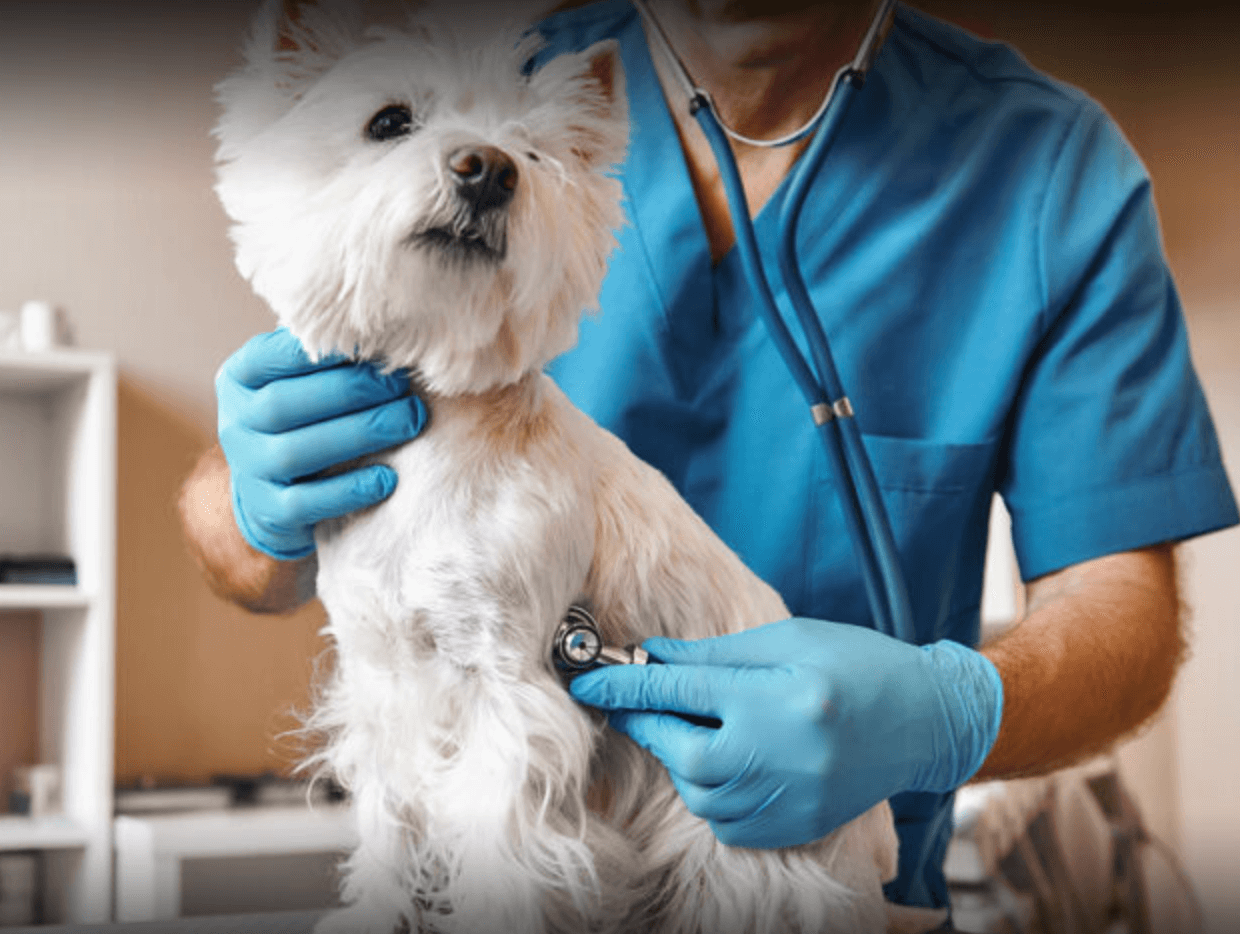
Why DMSO Isn’t Just for Horses Anymore
Dimethyl sulfoxide (DMSO) is well known in the equestrian world, where it’s been used for decades to reduce inflammation, treat swelling, and support recovery in injured horses. But DMSO’s veterinary use isn’t limited to racehorses and show ponies — it has applications for a range of animals, from working dogs to exotic pets.
As research and anecdotal evidence have grown, more pet owners and veterinarians are exploring how DMSO can be used safely for different species, always with careful dosing and application methods.
How DMSO Works in Animals
DMSO penetrates skin and other biological membranes rapidly, carrying its anti-inflammatory and analgesic properties deep into tissues. In animals, it may help by:
-
Reducing swelling in muscles, joints, and connective tissues
-
Improving blood flow to damaged areas
-
Supporting recovery from injuries or surgical procedures
-
Acting as a carrier for other veterinary medications
Its deep penetration means it can target issues at the source rather than just masking symptoms.
Beyond Horses and Dogs: Expanding Use Cases
Cats
DMSO for cats is less common, mainly due to cats’ sensitive livers and grooming habits (they lick treated areas). In some cases, vets may use DMSO in very controlled doses for localised swelling or inflammation, but strict supervision is essential.
Small Mammals (Rabbits, Guinea Pigs, Ferrets)
These animals are prone to soft tissue injuries, abscesses, or joint stiffness as they age. Some vets have used diluted DMSO formulations to improve mobility or reduce swelling after injury.
Birds
Avian applications are rare, but DMSO’s ability to carry other medications through the skin may be explored in specialised veterinary contexts. This requires expert dosing to avoid toxicity.
Exotic and Zoo Animals
From big cats with arthritis to primates recovering from muscle strains, DMSO has been used in professional zoological care to manage pain and inflammation.
Conditions Where DMSO May Help in Animals
-
Arthritis and joint degeneration
-
Muscle strains and sprains
-
Tendon and ligament injuries
-
Swelling from insect bites or stings
-
Post-surgical inflammation
Safety and Species Sensitivities
It’s important to note:
-
Always follow veterinary dosing guidelines
-
DMSO’s powerful carrier properties mean skin must be cleaned thoroughly before application
-
Some animals may be more sensitive to its effects or odour
-
Internal use is not recommended outside of strict veterinary supervision
How Pet Owners Can Approach DMSO Use
If you think your pet might benefit from DMSO:
-
Speak to a vet experienced in integrative or sports medicine
-
Ask about correct dilution and application frequency
-
Ensure the product is pharmaceutical grade and intended for veterinary or topical use
-
Monitor for any signs of skin irritation or behavioural changes
Real-World Examples
-
A retired racing greyhound using topical DMSO to manage hip stiffness in colder months
-
A zoo veterinarian applying DMSO to an elderly leopard with arthritic knees
-
A rabbit recovering from a sprain treated with diluted DMSO under close monitoring
Final Thoughts for Animal Care
DMSO’s veterinary applications go well beyond horses and dogs. When used correctly under professional guidance, it can be a valuable tool for managing inflammation, improving comfort, and supporting recovery in a wide range of species.
If you’re considering it for your pet, always choose a high-purity, pharmaceutical-grade product and work closely with a qualified veterinarian to ensure safe and effective use.
Frequently Asked Questions About DMSO in Veterinary Care
Q: Can I use DMSO on my pet without a vet’s advice?
A: No, you should always consult a veterinarian before using DMSO on any animal. Species have different sensitivities, and dosing must be precise.
Q: Is DMSO safe for cats?
A: Cats are particularly sensitive to many substances, and DMSO can be risky if they lick the treated area. Only use it under strict veterinary supervision.
Q: Can dogs benefit from DMSO for joint pain?
A: Yes, DMSO is often used for canine arthritis, hip dysplasia, and soft tissue injuries when prescribed and monitored by a vet.
Q: How is DMSO applied to animals?
A: Usually as a topical gel or liquid applied to clean skin. Dosage, dilution, and frequency depend on the animal’s size, species, and condition.
Q: Can I use the same DMSO I use on myself for my pet?
A: Only if it’s pharmaceutical grade and approved by your vet for animal use. Always confirm purity and suitability before applying.
Q: What side effects should I watch for in animals?
A: Possible effects include skin irritation, redness, and a temporary garlic-like odour. In rare cases, animals may act lethargic or show discomfort.
Q: Is DMSO legal for animal use in the UK?
A: Yes, but it should only be used for veterinary purposes under professional guidance to ensure animal welfare and compliance with regulations.
Q: Can DMSO be used on horses for hoof problems?
A: Yes, DMSO may be part of a treatment plan for certain hoof issues, but it should be combined with proper hoof care and veterinary advice.
Q: Can exotic pets like reptiles or birds use DMSO?
A: In rare cases, yes, but only with a specialist vet’s input. These species require very specific dosing and safety checks.
Q: How quickly does DMSO work in animals?
A: Some animals may show improvement within hours, while others may need several days of consistent, safe application to see benefits.




 DMSO and Chronic Pain & Injury Recovery
DMSO and Chronic Pain & Injury Recovery
 DMSO and Eye Health: What You Need to Know
DMSO and Eye Health: What You Need to Know














.webp)